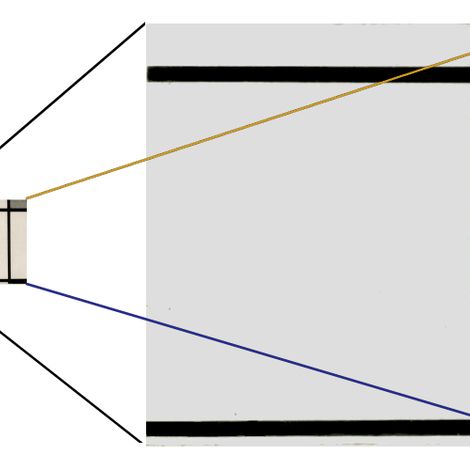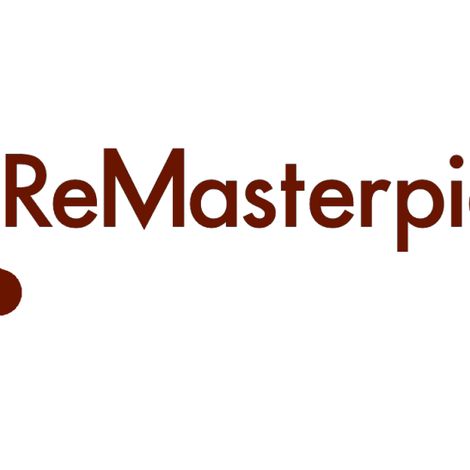ReMasterpieces


In 1937, a woman married to a Jewish artist loaned 16 works of modern art to the Provincial Museum of Hanover. As Nazi’s descended on the town, Sophie Lissitzky-Küppers and her family fled to Russia leaving their art behind. The invading Nazi’s stole the works, and many were destroyed for being “degenerate”. Only 4 of the paintings have been found to date. Sophie’s story is shared by many who were persecuted by Hitler’s regime. As more and more of the victims of the Holocaust pass away each year, their stories are lost, and the international pursuit of finding their art becomes more difficult.
Using Artificial Intelligence techniques such as Convolutional Neural Networks, Deep Learning, and Computer Vision and Google’s Cultural Institute database of art, I am teaching a computer how an artist would have created the missing works of art. By combining color and topological data from Google with AI and 3D printing techniques, we can accurately recreate any painting.
I hope this project can bring the stories of those who suffered back to life and spur citizens of the world to keep looking for the cultural heritage that defined the struggle underwent by a generation of people who were persecuted because of their beliefs and what they looked like.
These paintings are not just images to place on a wall; they are a testament to the bravery of those who suffered at the hands of an evil regime. Despots of yesterday, today, and tomorrow can no longer control a people by destroying their heritage.
I’ve set Pittsburgh as the home of ReMasterpieces as the city’s art and technology community is thriving and offers many opportunities to partner and further develop what I’ve started. From Carnegie Mellon to Google, the Carnegie Museum of Art to the Holocaust Center, ReMasterpieces will thrive in Pittsburgh. Whether in the shadow of Auschwitz or the ruins of Syria, ReMasterpieces will bring hope to the hopeless and freedom to the oppressed through arts and cultural heritage.